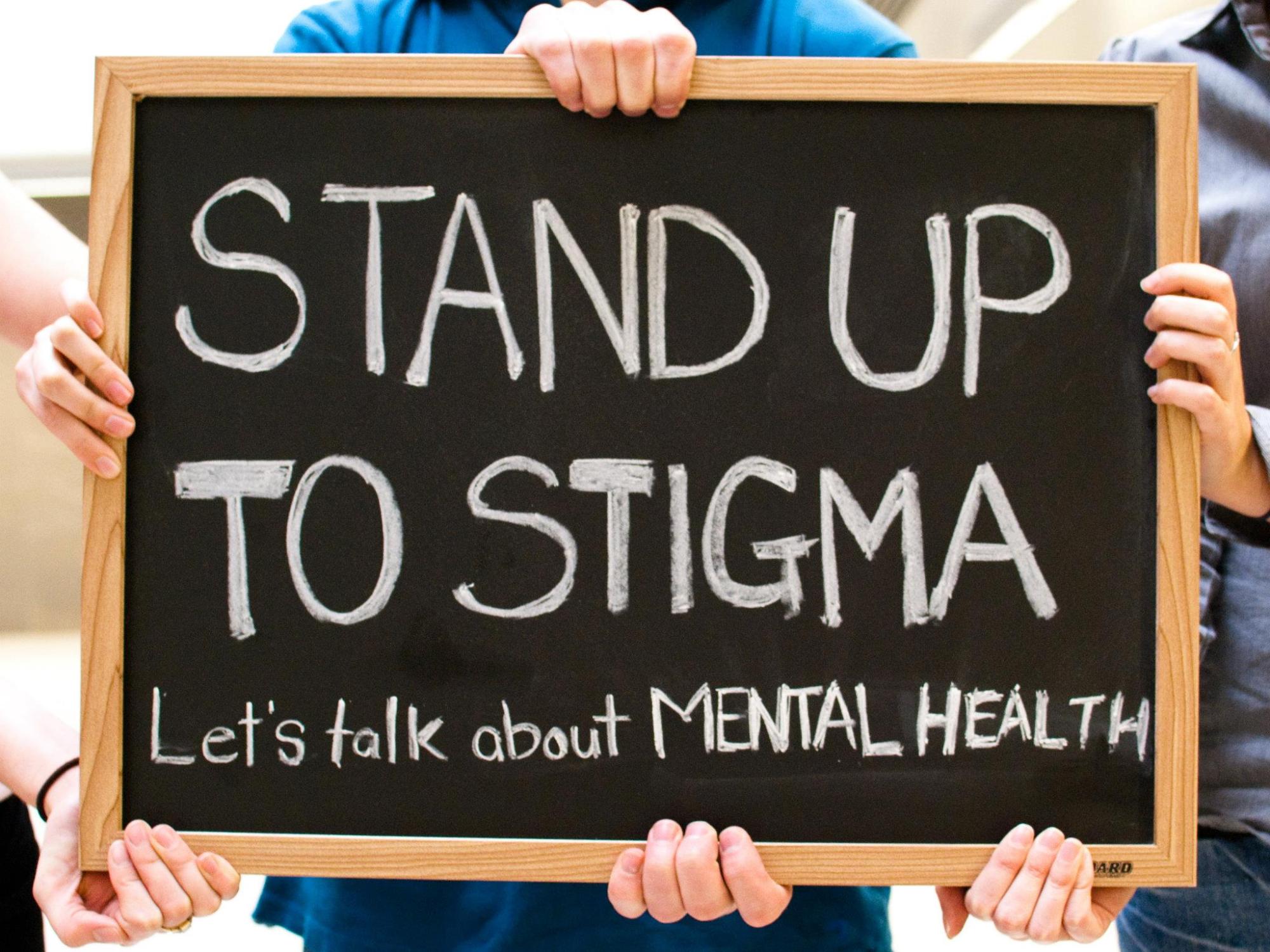In Africa, there is generally a stigma around mental illness. Some societies may even go as far as viewing mental illness as a case of spiritual evil. In terms of depression, there is a clear lack of understanding about it and this in turn, invites negative perspectives on it. However, in light of depression awareness week, World Mental Health Day and Kid Cudi checking himself into rehab for depression and suicidal thoughts, it is evident that now we actually need to have open discourse about mental illness.
We need to eradicate the stigma surrounding mental illness and drive an agenda of understanding.
With regards to the average level of understanding of depression, many view it as a prolonged state of sadness. It is viewed as a chosen lifestyle and something that the depressed individual can ‘snap’ out of with a little more social interaction, or change in diet or having access to cleaner air. But that couldn’t be further from the truth. Depression is a collection of mental states that surpasses surface level sadness. It is deeper, more intense and complex than a simple bout of sadness, and definitely a lot more difficult to recover from. Depression is in fact a serious state of mind that should not be glossed over and overlooked, the way it is currently being overlooked now.
There are millions of Africans who are currently battling depression, without the necessary support they need, due to lack of understanding.
The World Health Organization has estimated that around 350 million people in the world are living with depression. We would be surprised to know the number of people around us dealing with depression.
Depression is often seen as a concept that is foreign to the African narrative. Depression is seen as something that can be overcome by simply being strong. It is seen as a state only the weak succumb to. Women battling post partum depression are seen as incapable and undeserving mothers. Older Africans dismiss the idea of depression without a second thought. The rhetoric around young people dealing with depression is always “what’s making you depressed?”, “Why can’t you get over it?” or “You have everything you want, why should you be depressed?”.
The level of our engagement with depression as Africans is at an all time low and must be rectified.
Having depression does not make a person weak. Silently battling a mental illness is as gruelling if not more gruelling than having a mental illness.
The lack of seriousness attributed to the perception of mental illness, is discouraging us from understanding depression better, so as to develop and implement modes of adequately addressing the illness.
Many of us experience depressive bouts, where we may be deeply sad or anxious or highly irritable and isolated. However, given the right environment, much can be done to expel those feelings. In the case of actual depression, those that suffer from it, cannot just change their environment and be cured of their illness. They require actual help. This may be in the form of seeing a professional psychologist/psychiatric and using anti-depressant medication. It may be in the form of alternative, natural methods.
The bottom line is, people suffering from depression need help. They do not need to be chastised and taunted. They need the rest of the world to accept and understand that it is okay, to not be okay. They need society to tear down the stigma that surrounds mental illness. The need to be comfortable enough to seek for help without being shamed.
Those suffering from depression are fighting some of the toughest silent battles that few can ever identify with. People living with depression deserve to be at peace, and our stigmatising depression, is preventing them from being at peace. So it is our duty as people, to open up discourse about it and approach it with more seriousness, understanding and acceptance.

